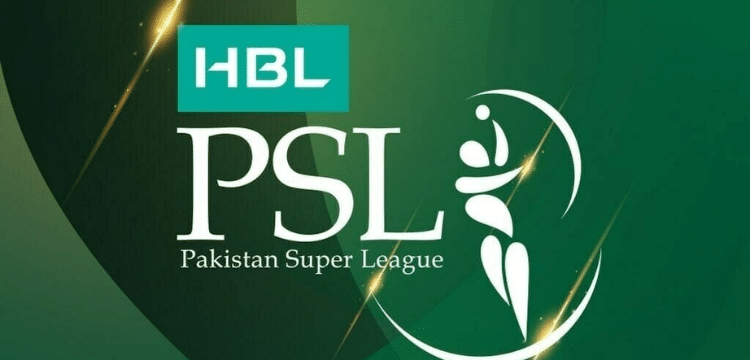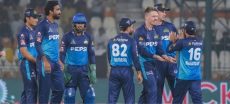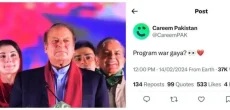[vc_row][vc_column][vc_column_text dp_text_size=”size-4″]English fast bowler Reece Topley encountered a minor injury, leading to the England and Wales Cricket Board (ECB) withholding a ‘No Objection Certificate (NoC)’ for him. This development has prompted discussions about potential replacements for Topley, with sources suggesting that Nandre Burger, Olly Stone, or Dushmantha Chameera are likely candidates to step in and fill the void left by the injured pacer.
Meanwhile, another English player, Jamie Overton, has opted out of the upcoming Pakistan Super League (PSL). The decision appears to stem from Surrey County’s reluctance to grant Overton permission to participate in a third franchise league this season. This hesitation is grounded in Overton’s prior engagements in Australia’s Big Bash League and the United Arab Emirates’ ILT20. Furthermore, Overton had a minor scare with a shoulder injury during his stint in the ILT20, which might have influenced his decision to withdraw from the PSL.
Read more: Sarfaraz Ahmed Steps Down From Quetta Gladiators Captaincy
In a related note, South African cricketers Tabraiz Shamsi and Rassie van der Dussen are set to be available for their respective PSL franchises for the first half of the season, encompassing six matches. However, their participation in the later stages of the tournament might be jeopardized as they are required to return to South Africa by the first week of March to partake in the domestic T20 competition. This domestic commitment is mandated by Cricket South Africa (CSA) for centrally contracted players, serving as a prerequisite for national team selection.
The absence of Reece Topley due to injury has left the England cricket team seeking alternatives to maintain the team’s balance and effectiveness. Nandre Burger, known for his skill with the ball, Olly Stone, recognized for his pace, and Dushmantha Chameera, an experienced fast bowler, are being considered as potential replacements for Topley. The decision will ultimately depend on the team management’s assessment of the specific requirements for the upcoming matches.
Simultaneously, the withdrawal of Jamie Overton from the PSL has raised eyebrows, with the cricketer citing Surrey County’s reluctance to grant him permission to play in a third franchise league this season. Overton’s participation in the Big Bash League and ILT20 might have contributed to Surrey’s reservations, possibly fueled by concerns about player fatigue and injury risks. Overton’s decision to prioritize recovery from a shoulder injury sustained during the ILT20 is indicative of the physical toll these leagues can take on players.
In the context of the PSL, the availability of South African players Tabraiz Shamsi and Rassie van der Dussen for the first half of the tournament provides a boost to their respective franchises. However, the obligation for centrally contracted players to return to South Africa for domestic T20 competition poses a potential challenge for their continued participation in the later stages of the PSL. This predicament highlights the intricate balance that players must maintain between franchise commitments and national team responsibilities, as per the regulations set by cricket boards.
Cricket South Africa’s stipulation for centrally contracted players to participate in domestic tournaments is a standard practice aimed at enhancing the players’ match fitness and form. It serves as a pathway for selection to the national team, ensuring that players remain competitive and attuned to the demands of the game. The commitment to domestic competitions is a crucial aspect of a player’s journey, influencing their chances of representing the national side in international fixtures.
In conclusion, the developments surrounding Reece Topley, Jamie Overton, and the South African duo in the PSL underscore the multifaceted challenges and considerations in professional cricket. Injuries, franchise league commitments, and national team obligations create a complex web that players, boards, and team managements must navigate to strike a balance between individual player welfare and collective team objectives.[/vc_column_text][/vc_column][/vc_row]











